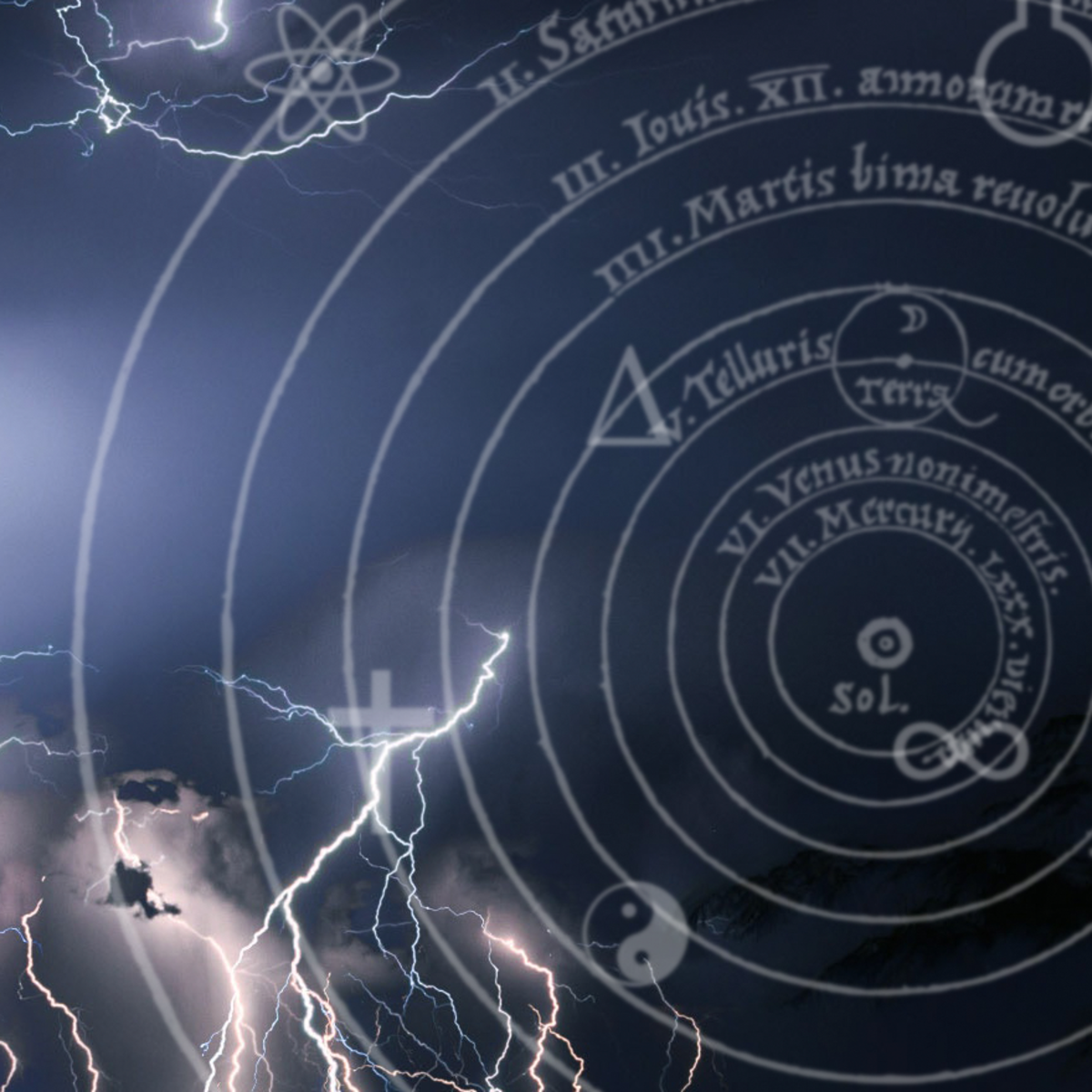Philosophy, Science and Religion: Religion and Science
Overview
Philosophy, Science and Religion mark three of the most fundamental modes of thinking about the world and our place in it. Are these modes incompatible? Put another way: is the intellectually responsible thing to do to ‘pick sides’ and identify with one of these approaches at the exclusion of others? Or, are they complementary or mutually supportive? As is typical of questions of such magnitude, the devil is in the details. For example, it is important to work out what is really distinctive about each of these ways of inquiring about the world. In order to gain some clarity here, we’ll be investigating what some of the current leading thinkers in philosophy, science and religion are actually doing. This course, entitled ‘Religion and Science’, is the third of three related courses in our Philosophy, Science and Religion Online series. The course will address five themes, each presented by an expert in the area. 1. Science, Religion, and the Origin of the Universe (Professor Tim Maudlin, NYU ) 2. Buddhism and Science (Professor Graham Priest, CUNY) 3. Evolution and Design (Dr Kevin Scharp, St Andrews) 4. Sin Suffering and Salvation: Evolutions Thorny Issues (Dr Bethany Sollereder, Oxford) 5. Human Uniqueness in Science, Theology, and Ethics (Professor David Clough, Chester) The first and second courses in the Philosophy, Science and Religion series, 'Science and Philosophy' and 'Philosophy and Religion' were launched in 2017 and you can sign up to these at any time. It is not necessary to have completed these courses to follow this course. However, completing all three courses will give you a broader understanding of this fascinating topic. Look for: • Philosophy, Science and Religion I: Science and Philosophy - https://www.coursera.org/learn/philosophy-science-religion-1 • Philosophy, Science and Religion II: Philosophy and Religion - https://www.coursera.org/learn/philosophy-science-religion-2 Upon successful completion of all three courses, students will: (1) Understand the main parameters at stake in the current debate between science and religion. (2) Have some familiarity with the relevant areas of science that feature in the debate—including cosmology, evolution, and the neurosciences—and will have begun to engage with them conceptually. (3) Have encountered key philosophical approaches to the interface between science and religion, and will have had the opportunity to engage them in practice. (4) Have embarked constructively in cross-disciplinary conversations. (5) Have demonstrated an openness to personal growth through a commitment to dialogue across intellectual and spiritual boundaries. You can also follow us on Twitter at https://twitter.com/EdiPhilOnline and you can follow the hashtag #psrmooc

